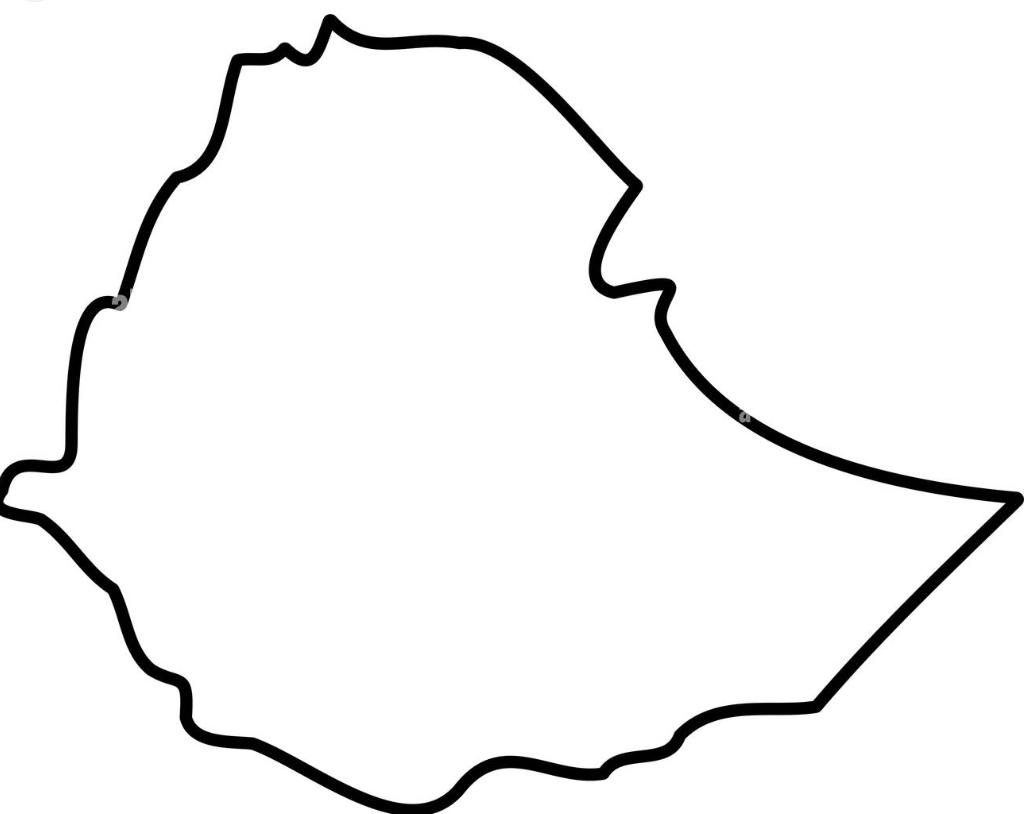Gambela
Gambela, also spelled Gambella, is a city and separate woreda in Ethiopia and the capital of the Gambela Region. Located in Anyuak Zone, at the confluence of the Baro River and its tributary the Jajjabe, the city has a latitude and longitude of 8°15′N 34°35′E and an elevation of 526 meters.
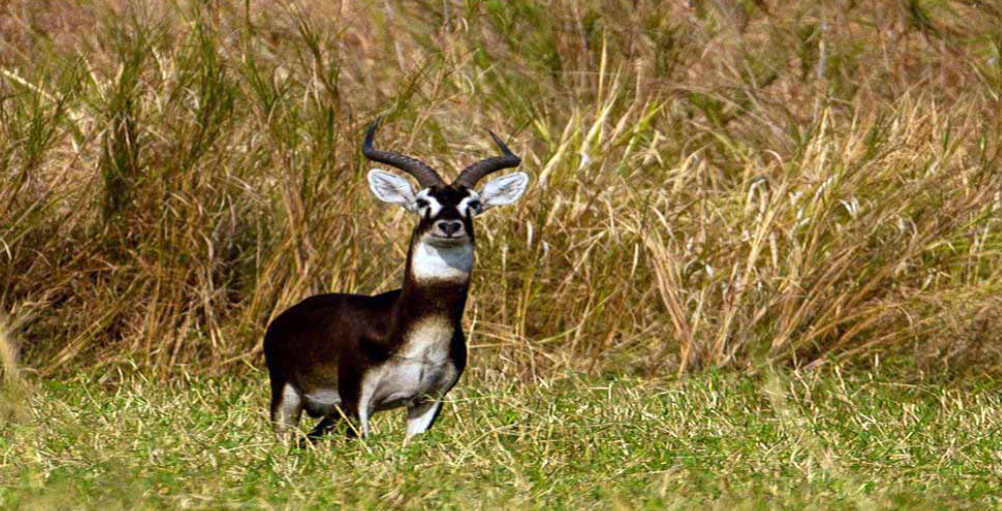
Tourist Attraction
Gambela National Park: This national park is one of the main attractions in Gambela. It is characterized by tropical rainforests, savannahs, and wetlands, providing habitat to a diverse range of wildlife, including elephants, buffalo, giraffes, antelopes, and various bird species. Visitors can enjoy guided safaris and nature walks to observe the rich biodiversity of the park.
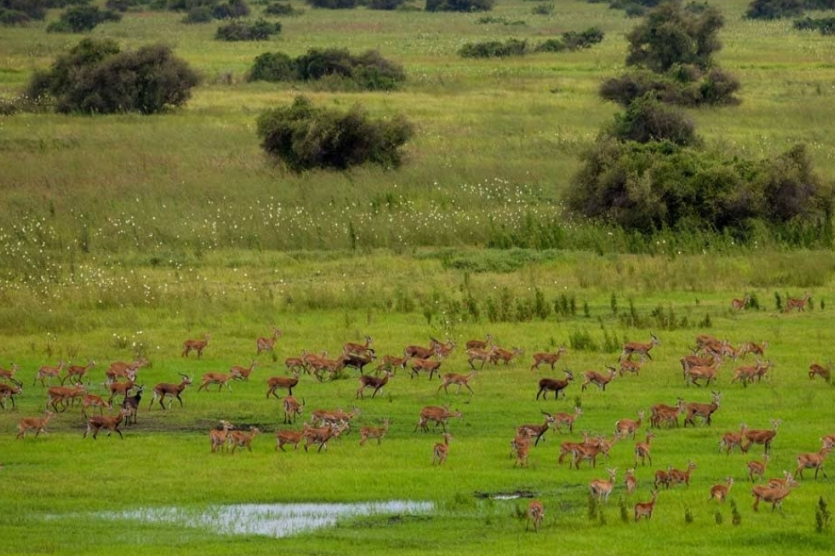
Baro River: The Baro River, which flows through Gambela, offers opportunities for activities such as boat cruises, fishing, and birdwatching. The river is surrounded by lush vegetation and provides a scenic backdrop for exploration and relaxation.
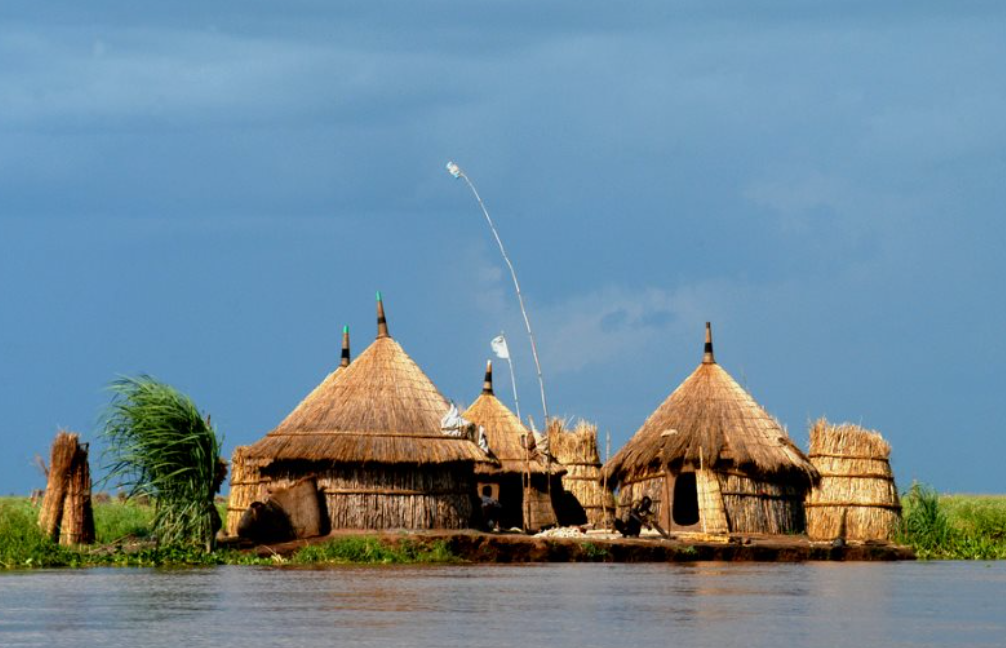
Cultural Experiences: Gambela is home to several ethnic groups, each with its own unique cultural traditions and customs. Visitors can immerse themselves in the local culture by attending traditional ceremonies, sampling local cuisine, and interacting with community members.
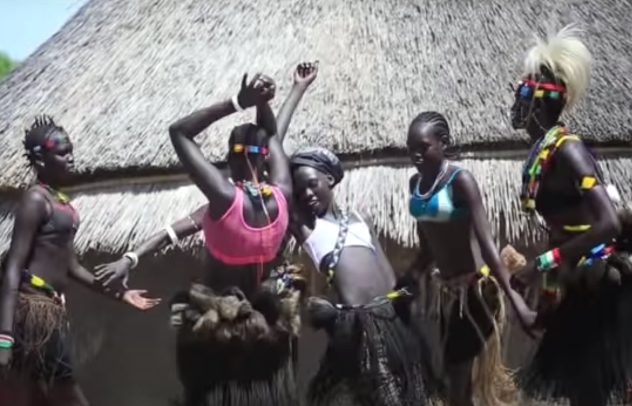
Hot Springs: There are natural hot springs located in Gambela region, which are believed to have therapeutic properties. These hot springs attract both locals and visitors seeking relaxation and rejuvenation.
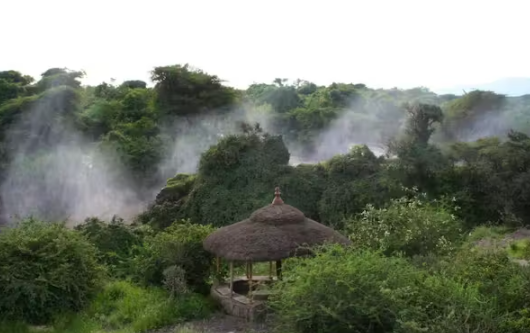
Ethnic Villages: Visitors can visit ethnic villages in Gambela to learn about the way of life, traditional housing, crafts, and cultural practices of different ethnic groups such as the Anuak, Nuer, and Majangir.
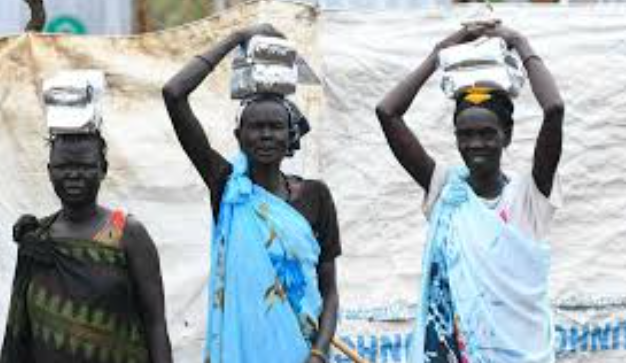
Demographics
Gambela is known for its diverse ethnic makeup. The two largest ethnic groups are the Nuer and Anuak peoples, although there are also significant populations of other ethnicities such as the Majangir, Komo, and Oromo.
Geography
The landscape of Gambela is characterized by tropical rainforests, savannahs, and wetlands. The region is intersected by the Baro River, which is a major tributary of the White Nile.
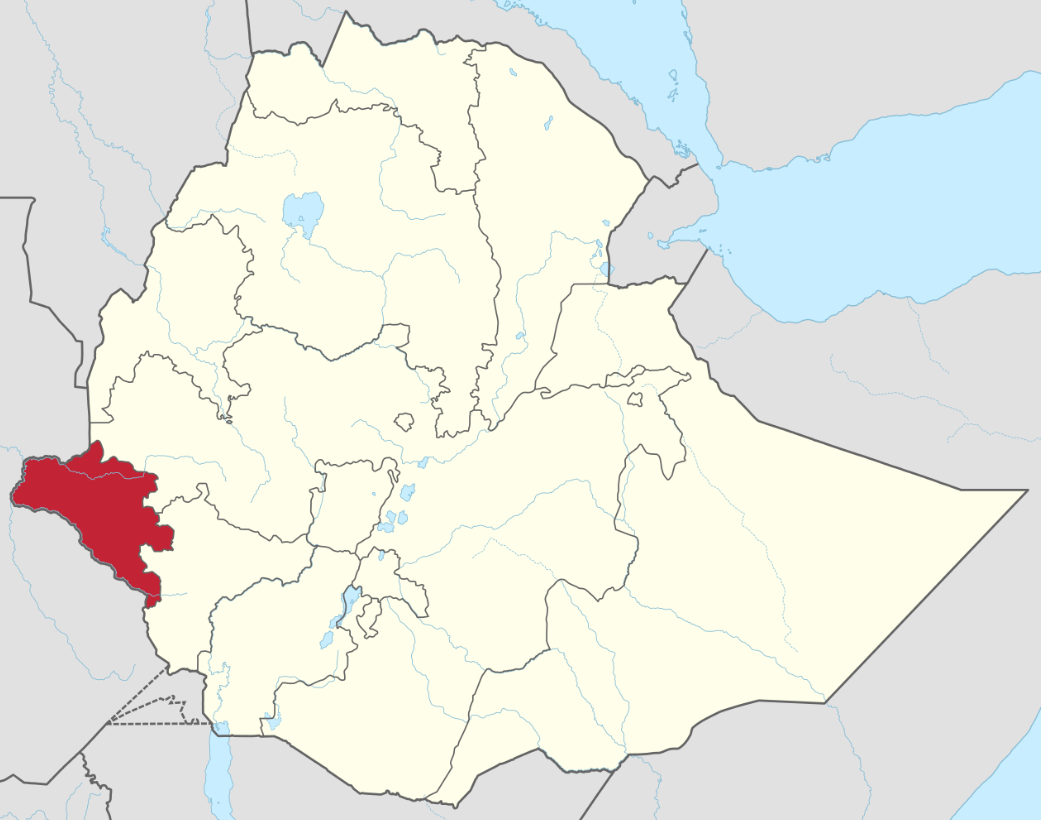
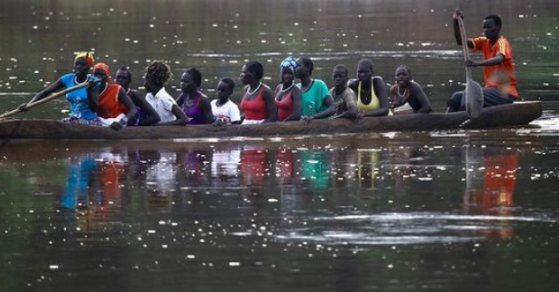
Economy
Agriculture, particularly subsistence farming, is the primary economic activity in Gambela. The region has fertile soil and a favorable climate for crops such as maize, sorghum, and teff. Additionally, there is potential for commercial farming and investment in sectors such as oil palm and rubber.
